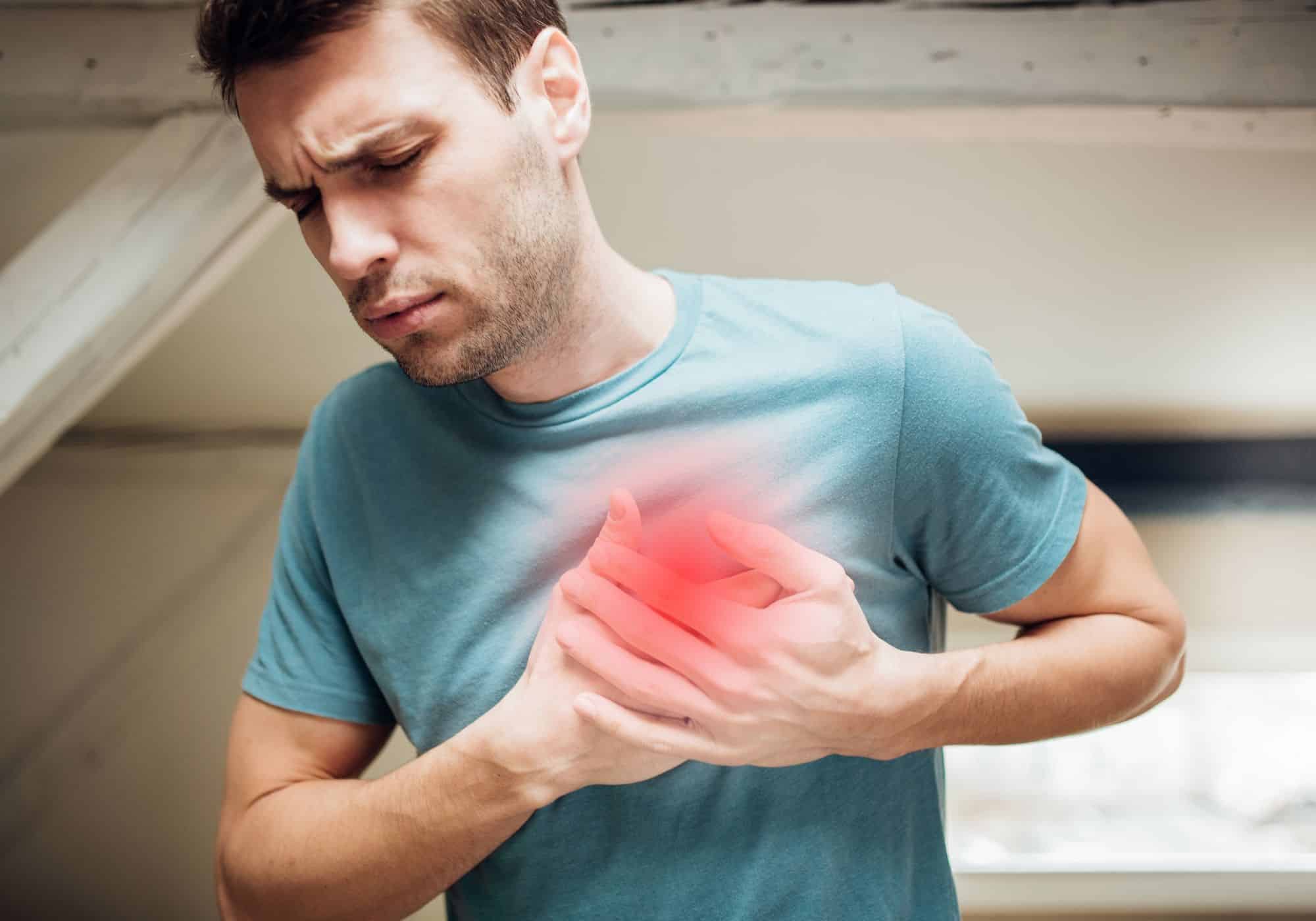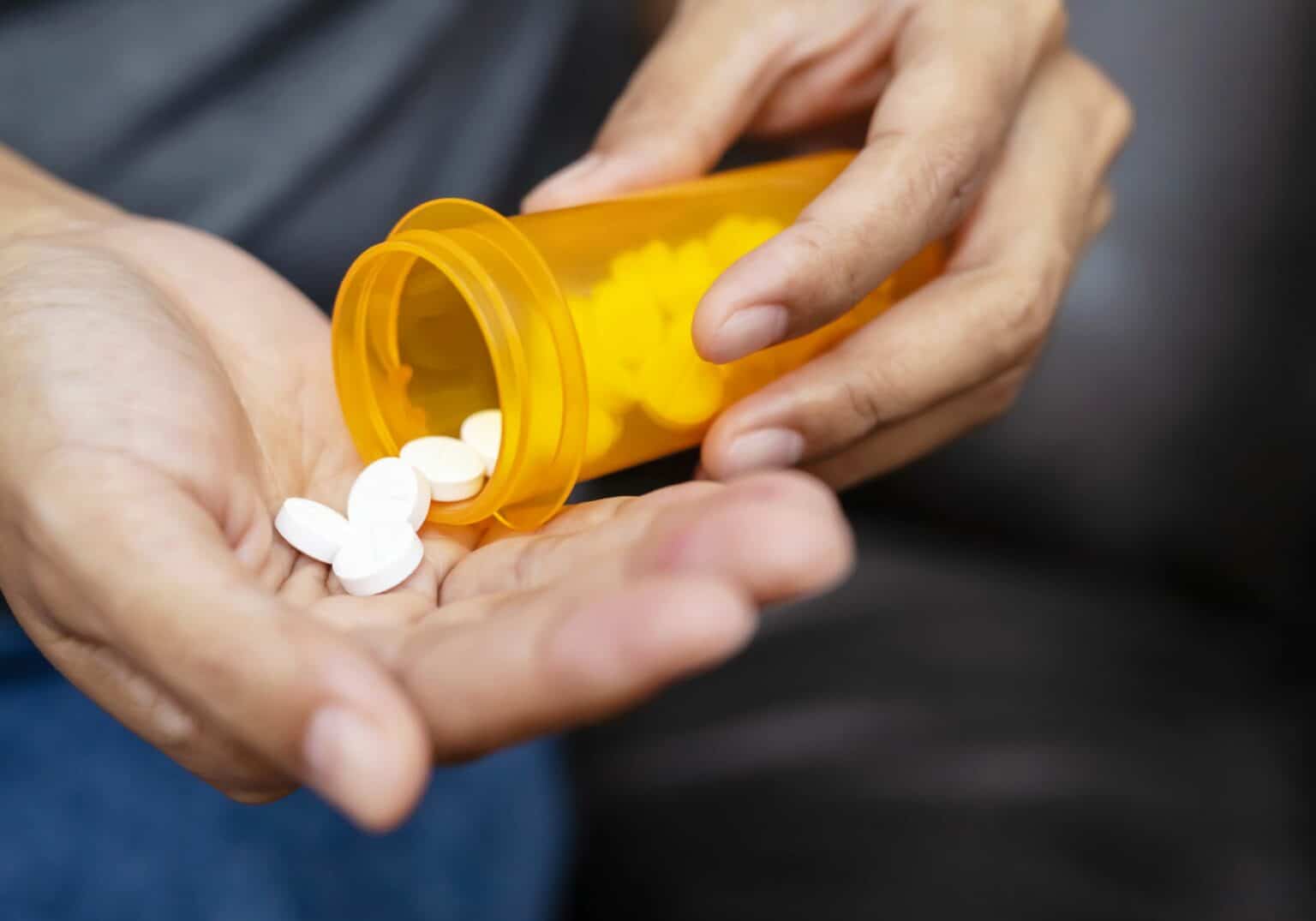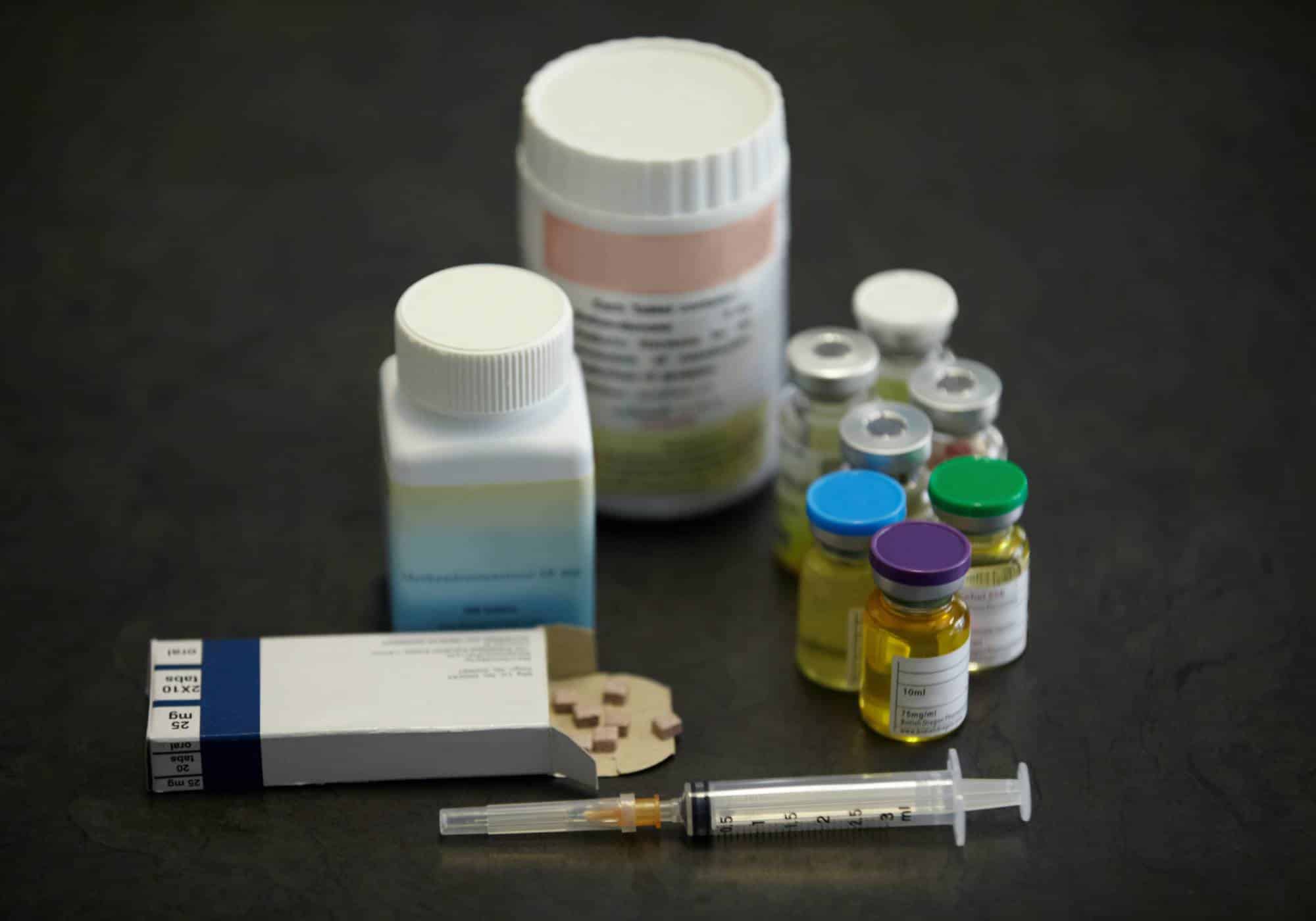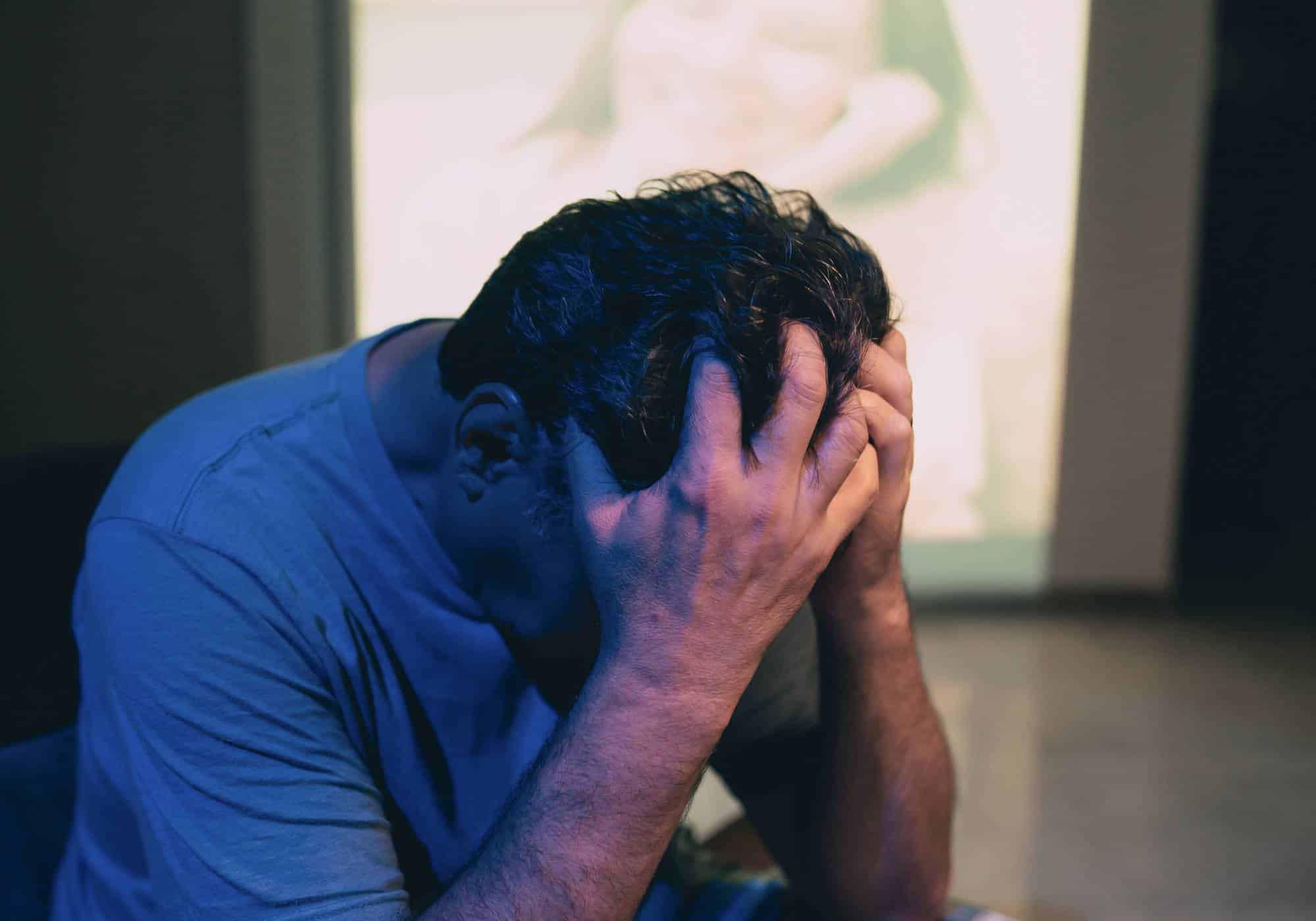Xanax, known scientifically as alprazolam, is a benzodiazepine prescribed for managing generalized anxiety disorder and panic disorder. As a central nervous system (CNS) depressant, Xanax is often chosen for its ability to alleviate anxiety with its calming effects.
This page delves into the symptoms of a Xanax overdose, actions to take if someone is experiencing an overdose, and treatment methods. You’ll find information on Xanax overdose rates, factors that increase the risk of overdose, and strategies to prevent future overdoses. By understanding these aspects, you can be better equipped to handle situations involving Xanax safely and effectively.
Can you Overdose on Xanax?
Yes, overdosing on Xanax, leading to toxicity, is a real risk. At high doses, it can cause life-threatening symptoms or even death. The risk of overdose increases, especially when Xanax is combined with other substances like alcohol or opioids, which can significantly slow down breathing and compromise the airway.
While Xanax is effective at prescribed doses, it’s important to note that in cases of overdose, it may present higher toxicity and mortality risks compared to other benzodiazepines.

Signs of a Xanax Overdose
Being able to identify a Xanax overdose is crucial and involves noticing specific signs that suggest an excessive amount of the drug in the body. Key signs of a Xanax overdose include:
- Extreme Drowsiness: An intense level of sleepiness that goes beyond the usual calming effect of Xanax.
- Confusion: Experiencing disorientation, mental cloudiness, or difficulty in forming clear thoughts.
- Impaired Coordination: Challenges with balance and motor skills, resulting in unsteady movements.
- Slurred Speech: Speech that is unclear and altered, similar to what is observed in intoxication.
- Weakness: A noticeable reduction in physical strength and energy.
- Respiratory Depression: Slowed or shallow breathing, a sign of impaired respiratory function.
Symptoms of a Xanax Overdose
In more severe cases of Xanax overdose, symptoms can vary in intensity and may include:
- Loss of Consciousness: Inability to stay awake or respond to stimuli.
- Coma: A deep state of prolonged unconsciousness.
- Cardiac Issues: Problems like irregular heartbeats or chest pain.
- Hypotension: Unusually low blood pressure, causing dizziness or fainting.
- Hypothermia: Extremely low body temperature, leading to shivering and confusion.
- Seizures: Sudden, uncontrollable convulsions requiring urgent medical care.
Prompt recognition of these signs and symptoms is vital. If you observe any of these indicators, it’s essential to seek emergency medical help immediately.

What to Do if Someone Overdoses on Xanax
A Xanax overdose is a critical situation that demands immediate medical intervention. If you suspect an overdose, it’s essential to act swiftly and call 911. This allows first responders to provide necessary treatments like airway management and other lifesaving actions.
In cases where you believe opioids have been taken alongside benzodiazepines, there are additional steps to take after contacting emergency services:
- Administer Naloxone: If available, use naloxone, a medication that binds to opioid receptors in the brain, blocking and reversing opioid effects. We have a guide on how to administer Nalxone.
- Position the Person Safely: Turn the individual onto their side to ensure their airway remains clear.
- Provide First Aid: If you’re trained, administer first aid measures, including CPR, as needed.
- Stay with the Person: Continuously monitor them until emergency services arrive, ensuring their safety and providing reassurance.
These actions can be crucial in managing a Xanax overdose effectively and can make a significant difference while waiting for professional medical help.
Xanax Overdose Treatment
A Xanax overdose is a critical situation that demands prompt medical response. If you suspect an overdose, immediately call 911 for urgent medical help. Emergency medical teams will focus on stabilizing the person’s vital signs, ensuring they maintain proper breathing and heart function.
Healthcare professionals might consider gastric lavage, commonly known as stomach pumping, to remove any Xanax still in the stomach. They may also use activated charcoal to absorb any remaining drug, minimizing further absorption into the bloodstream.
Supportive care, including intravenous fluids, respiratory support, and close monitoring of vital signs, is essential in managing the effects of the overdose.
In certain situations, Flumazenil, a drug that counteracts the effects of benzodiazepines like Xanax, might be used under strict medical supervision.
Post-emergency treatment often involves a psychiatric evaluation to identify any underlying mental health conditions that may have contributed to the overdose.
For individuals with substance use disorders, drug rehab programs and continuous support are crucial to recovery and preventing future overdoses. Professional medical intervention is key in treating a Xanax overdose; self-treatment or delay in seeking help can result in serious health risks. Immediate medical attention is vital for the best possible outcome and to avoid long-term health issues.
Xanax Addiction & Overdose Statistics
Xanax, along with other benzodiazepines, has shown concerning trends in addiction and overdose rates. Key statistics highlight the severity of the issue:
- The U.S. Drug Enforcement Agency (DEA) identifies alprazolam, the active ingredient in Xanax, as one of the most commonly diverted benzodiazepines in the illegal drug market.
- Overdoses involving Xanax tend to be more severe compared to other benzodiazepines.
- There has been a dramatic increase in overdose deaths involving illegal benzodiazepines, with a 519% rise from 2019 to 2020.
- Individuals using both benzodiazepines like Xanax and opioids are 10 times more likely to die from an overdose compared to those only using opioids.
These statistics underscore the critical need for awareness and intervention strategies to address the growing problem of Xanax addiction and overdose.
Xanax Overdose Frequently Asked Questions
What Happens During a Xanax Overdose?
An overdose on Xanax can lead to severe depression of the central nervous system. This manifests as symptoms like profound drowsiness, confusion, impaired coordination, slowed or shallow breathing, and in extreme cases, loss of consciousness or coma.
Can you die from a Xanax Overdose?
Yes, a lethal overdose of Xanax is possible, primarily due to respiratory failure or cardiac arrest. Immediate medical intervention is vital in cases of suspected overdose.
What Much is too Much Xanax?
The threshold for a Xanax overdose varies among individuals, influenced by factors such as tolerance and overall health. Exceeding the prescribed dosage or using Xanax recreationally heightens the risk of overdose. It’s important to follow medical guidelines and consult healthcare professionals regarding Xanax usage.
How Dangerous is a Xanax Overdose?
A Xanax overdose is a serious medical emergency. It can lead to life-threatening conditions, making it crucial to understand and recognize the risk factors involved.
What Increases the Risk of a Xanax Overdose?
Risk factors for a Xanax overdose include combining it with other CNS depressants like alcohol or opioids, a history of substance abuse, higher dosages, and prolonged use. Awareness and adherence to prescribed dosages are key in minimizing the risk.
Long-Term Impacts of Xanax Overdose
While most individuals recover from a Xanax overdose, it’s important to note that benzodiazepine overdoses, when not involving other substances, account for about 7% of all fatal overdoses. A critical concern in a benzodiazepine overdose, especially when combined with other substances, is the risk of hypoxia. This condition, characterized by oxygen deprivation to the brain, can lead to severe outcomes like coma and lasting neurological damage.
Tips to Prevent Xanax Overdose
Overdoses can occur under various circumstances and due to different factors. To minimize the risk of a Xanax overdose, consider these guidelines:
- Avoid Mixing Substances: Do not combine Xanax with opioids or alcohol, as this significantly increases the risk of overdose.
- Adhere to Prescriptions: Use Xanax strictly as prescribed. Avoid taking larger or more frequent doses than what is recommended by your healthcare provider.
- Avoid Recreational Use: Do not use Xanax recreationally or without a prescription.
Following these tips can help lower the chances of experiencing a Xanax overdose, contributing to safer use of the medication.

Xanax Overdose Treatment at Hope Harbor Wellness
Hope Harbor Wellness offers expert and compassionate xanax addiction treatment in Atlanta. Our xanax drug rehab centers, dedicated to holistic recovery, are ideally situated to offer you the support you need.
Our compassionate xanax outpatient program collaborates with top-tier medical xanax detox facilities, ensuring a safe and effective detox process. Once free from addictive substances, you can seamlessly transition into one of our specialized xanax outpatient treatment programs at Hope Harbor Wellness, designed to address substance use disorders:
- Outpatient Rehab: A flexible program tailored to fit into your daily life.
- PHP (Partial Hospitalization Program): Offers a structured yet non-residential approach to treatment.
- IOP (Intensive Outpatient Program): Provides more intensive care while allowing you to maintain daily responsibilities.
- Dual Diagnosis Treatment Program: Caters to those with co-occurring mental health disorders.
Our xanax treatment programs incorporate a variety of interventions:
- MAT (Medication-Assisted Treatment): Utilizes medications to ease withdrawal symptoms and cravings.
- Psychotherapy: Addresses underlying psychological aspects of addiction.
- Group Therapy: Offers peer support and shared learning experiences.
- Individual Counseling: Provides personalized guidance and support.
- Family Therapy: Helps heal and strengthen family relationships.
- Holistic Therapies: Focuses on overall well-being, including physical, emotional, and spiritual health.
- Aftercare: Ensures ongoing support post-treatment.
Embark on your journey from xanax addiction to recovery with Hope Harbor Wellness. Trust in our dedicated team to guide you every step of the way. For more information or to start your journey, call our admissions team at 678-605-9725.












